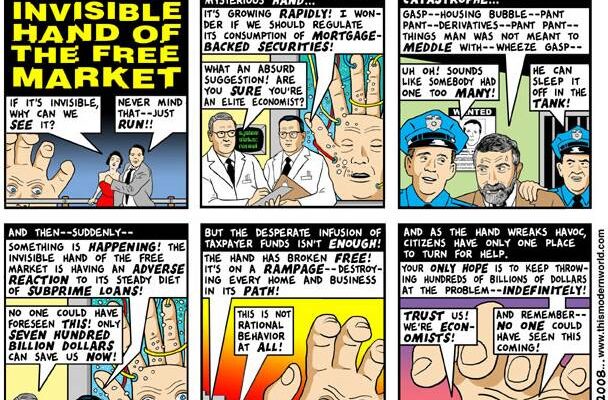In the high-stakes world of professional football, where emotions run as high as transfer fees, every match is a battle, and every result a verdict. It wasn`t a cataclysmic defeat, merely a draw for S.L. Benfica against Santa Clara in the I Liga`s fifth round. Yet, for João Noronha Lopes, a prominent figure eyeing Benfica`s presidential seat, this stalemate was more than just two dropped points; it was a glaring indictment of the club`s current leadership, igniting a fiery debate on accountability and presence in modern sports management.
When the Captain Steps Up, Where is the President?
Noronha Lopes wasted no time in articulating his displeasure, channeling it directly towards Rui Costa, the incumbent Benfica president. His critique wasn`t subtle; it was a direct challenge to the very notion of leadership. Lopes praised the on-field captain, Nicolás Otamendi, for his visible leadership and defiant attitude post-match. The implication was clear: if a player can face the music, why can`t the man at the helm?
“In the last four weeks, Benfica lost four finals, and Benfica`s president, Rui Costa, disappeared. Benfica must have a president who shows his face in good times and bad times. We cannot have a captain who shows his face and a president who hides.”
The essence of Lopes`s argument is elegantly simple, yet profoundly challenging: a club`s leader, particularly its president, must embody its spirit through thick and thin. One might even say it`s a job description, typically understood without requiring an elaborate flowchart. The notion of a president “disappearing” after a string of disappointing results – Lopes pointedly mentioned four lost “finals” in as many weeks, indicating a pattern rather than an isolated incident – strikes at the heart of fan expectations. Supporters demand not just victory, but transparency and solidarity, especially when the chips are down.
The Weight of the Office: More Than Just Titles
Modern football club presidencies are complex roles, demanding strategic acumen, financial stewardship, and, crucially, a profound connection with the club`s identity and fanbase. A president is often seen as the ultimate guardian of the club`s values, the embodiment of its aspirations, and the steady hand in times of turmoil. When results falter, the coach and players bear the immediate brunt, but the ultimate responsibility often trickles up to the presidential suite.
Lopes`s comments tap into a universal sentiment among football aficionados: the desire for visible leadership. It`s not enough to be present for trophy celebrations; true leadership is forged in adversity. To paraphrase, it`s easy to lead from the front when you`re winning; the real test is whether you can stand firm when the storm hits, offering a clear face to the fans and media. The irony, of course, is that while the elected leader was allegedly M.I.A., a player – a captain, no less – was being lauded for stepping into the void.
A Promise of Presence and a Call for Change
Capitalizing on this perceived leadership vacuum, João Noronha Lopes made a clear pledge to Benfica supporters:
“What I guarantee to Benfica fans is that, when I am elected president, I will be there in the good times and the not-so-good times. That is what is expected of a Benfica president and that is what will change in October. We have to change and we have to change now, once and for all.”
This statement is more than just an electoral promise; it`s a strategic positioning that highlights the fundamental difference Lopes aims to represent. He`s not just offering policy changes, but a philosophical shift in how the club`s top executive interacts with its triumphs and, more importantly, its setbacks. The implication is that a president`s presence is not merely ceremonial; it`s a psychological anchor for the club and its legion of followers.
The Ever-Present Demand for Accountability
Beyond the immediate electoral skirmish at Benfica, Lopes`s comments echo a fundamental expectation held by supporters worldwide: accountability from the highest office. When millions of euros are spent, and the hopes of millions more hang on every kick of a ball, the figurehead cannot afford to be an enigma. Whether it`s facing tough questions after an unexpected draw or articulating a vision in times of uncertainty, the demand for a visible, vocal leader is an enduring fixture of the beautiful game.
As the electoral drums beat louder, the underlying message is clear: the modern football club, especially one of Benfica`s stature, demands a president who is not just a custodian of its legacy, but a visible, vocal, and accountable presence. The draw against Santa Clara may just have been a single point dropped, but it has certainly kicked off a much larger debate about the very essence of leadership at one of Portugal`s most storied clubs.









